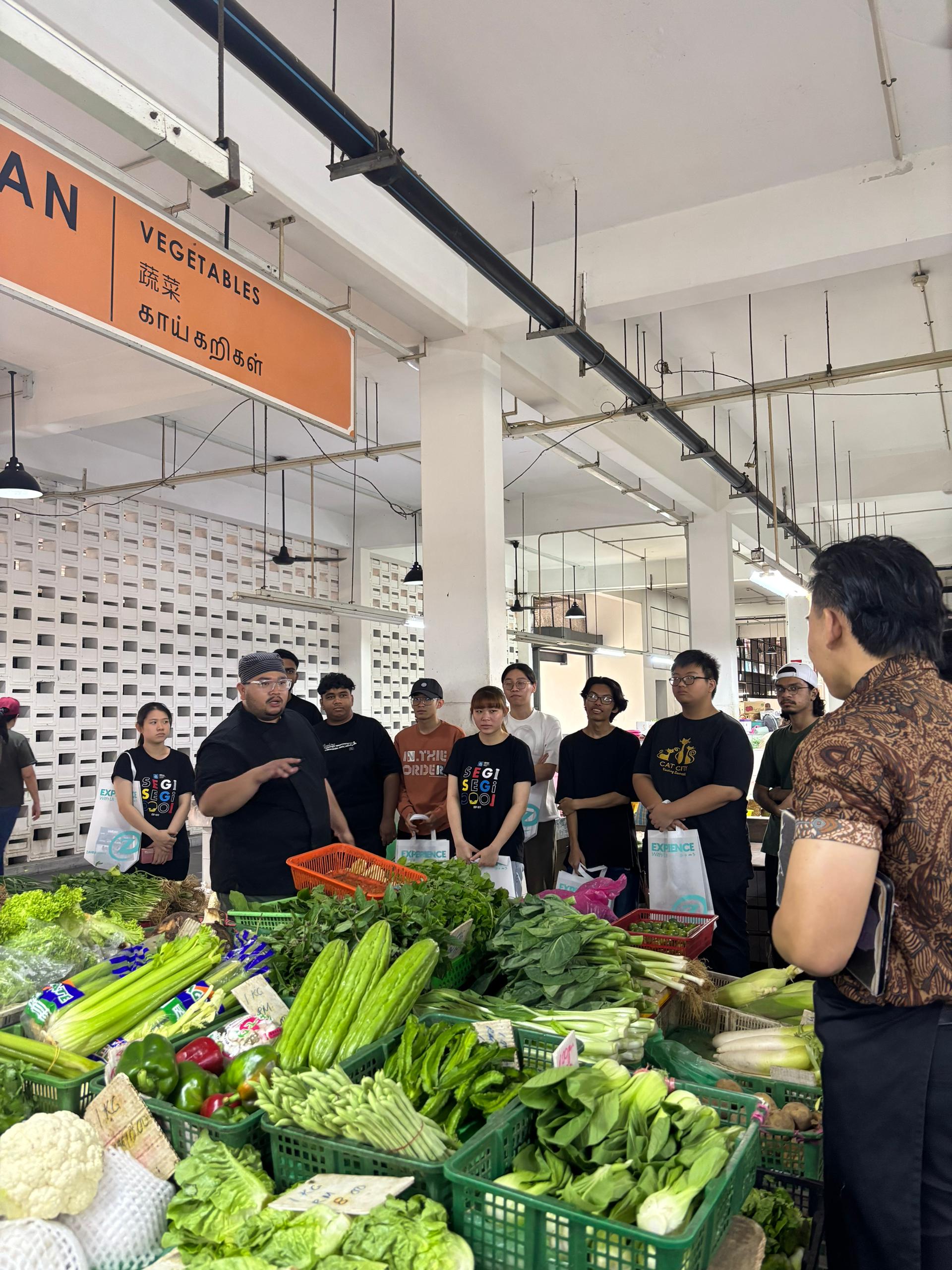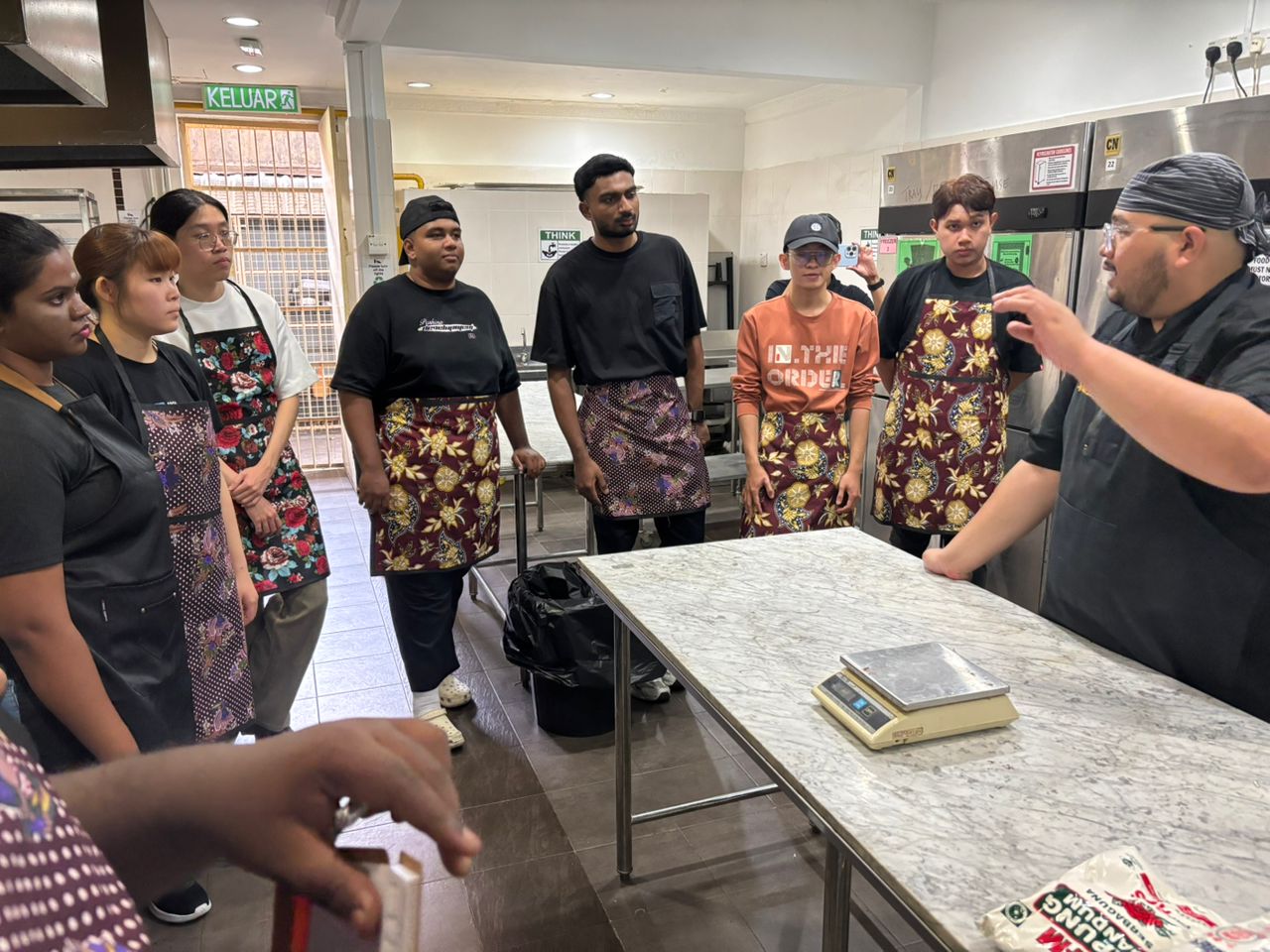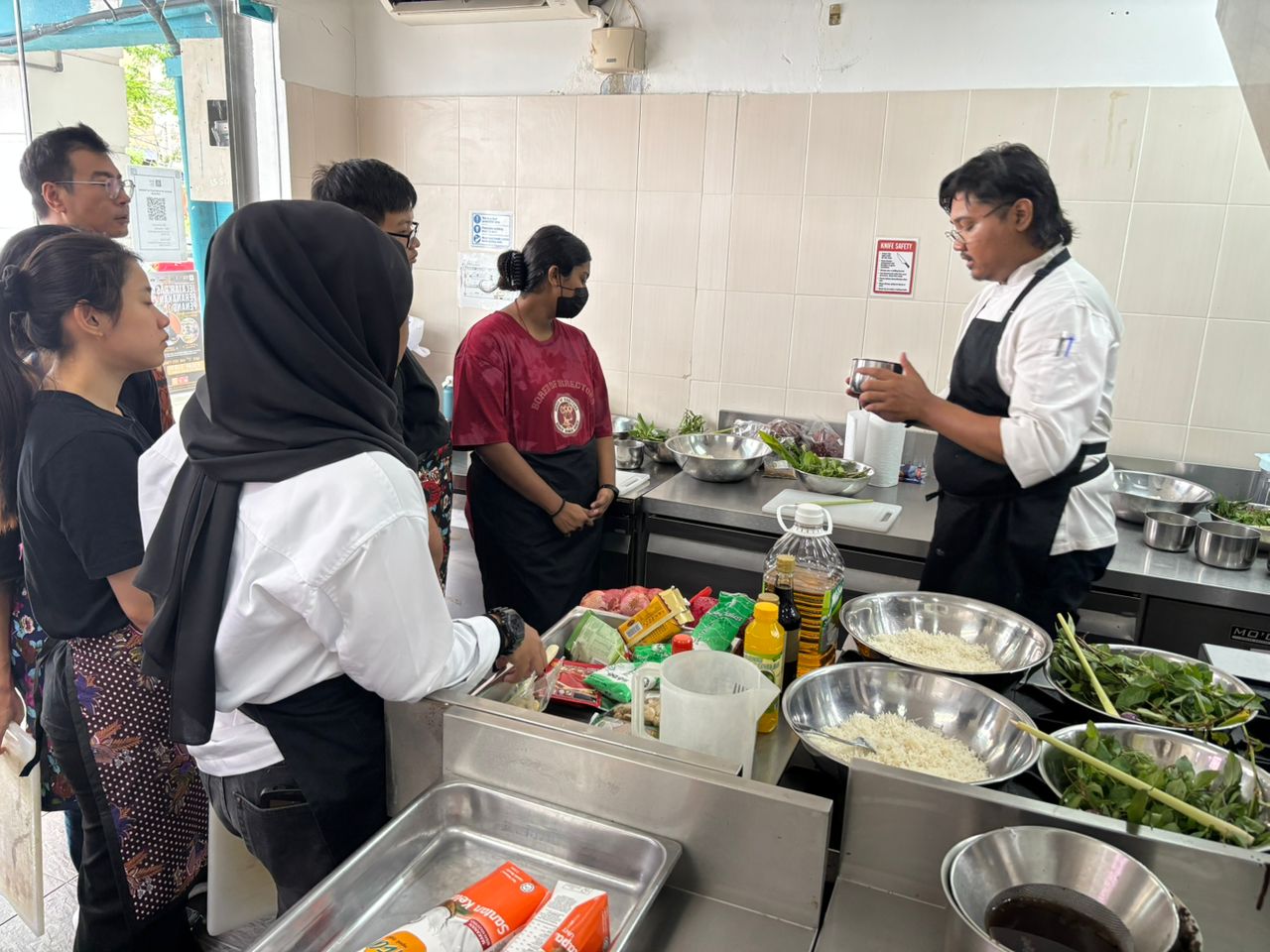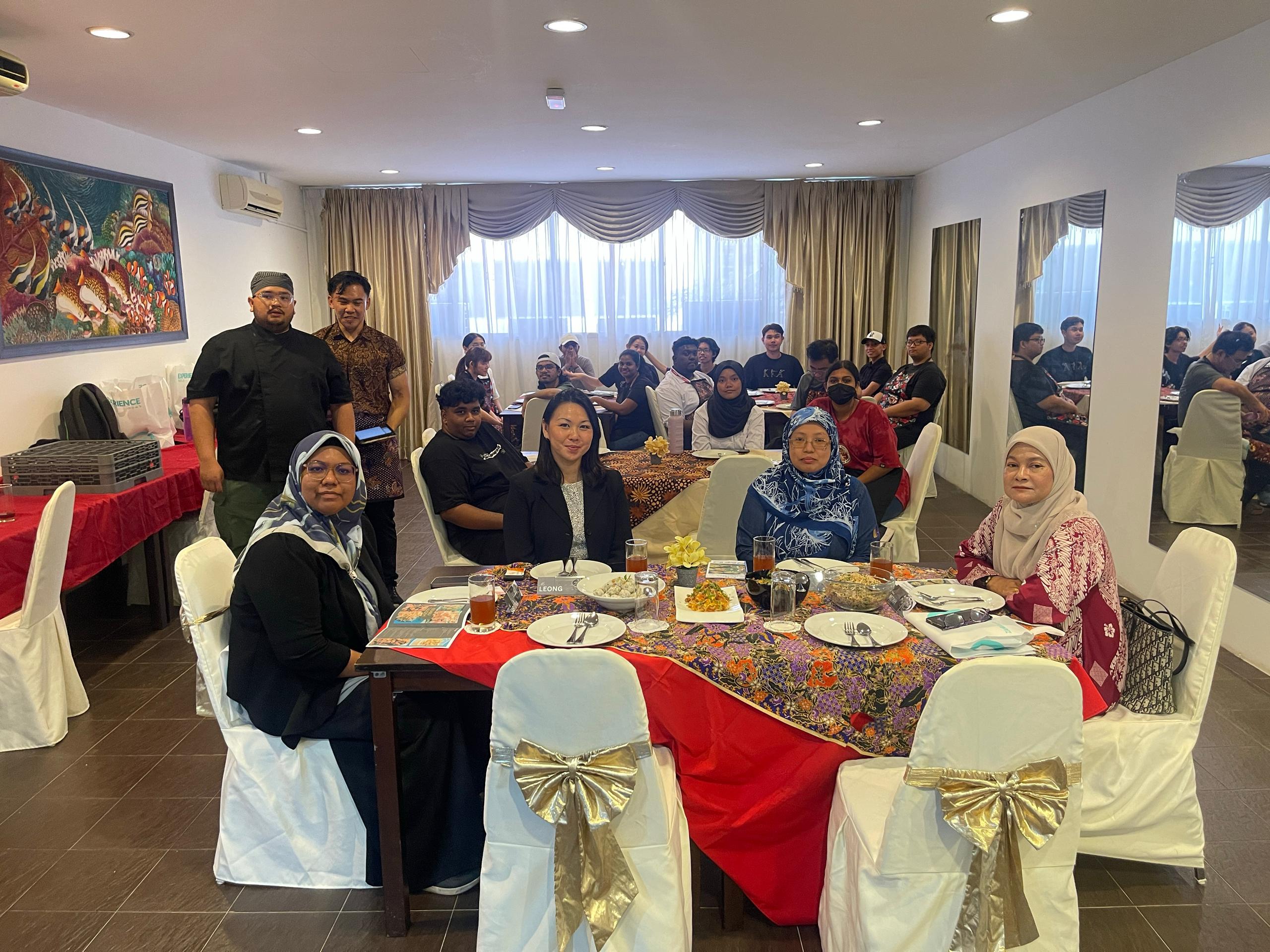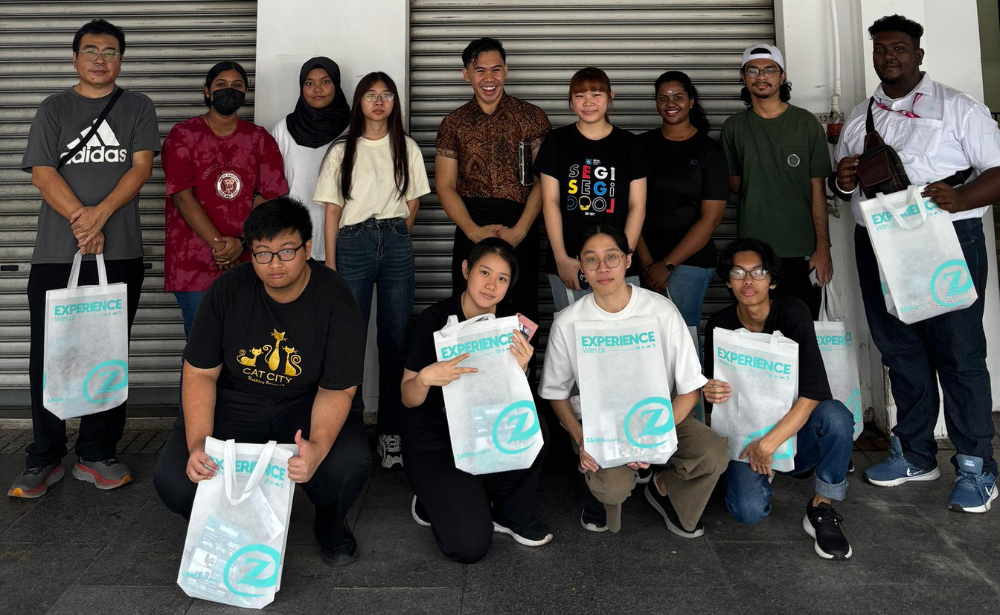The Jelajah Rasa Peranakan Penang: Adventurous Culinary Master Class brought together culture, community, and culinary artistry in a meaningful celebration of heritage and education. Co-organised by Master’s students from Universiti Sains Malaysia (USM)’s Tourism Development programme and the School of Hospitality and Tourism Management, SEGi, the one-day event was a powerful example of how academia can drive real-world impact.
The immersive experience took participants on a full journey — from sourcing local ingredients at the iconic Chowrasta Market to preparing traditional Peranakan main courses and desserts in a hands-on cooking masterclass. Participants included students from USM, SEGi’s Diploma in Culinary Arts programme, UOW KDU Penang, and members of the single mother community, fostering an inclusive and collaborative environment grounded in empathy, education, and cultural pride.
As Malaysia’s multicultural identity continues to evolve, efforts to preserve local heritage are crucial. Events like this reinforce the importance of safeguarding Peranakan culinary traditions, aligning with broader global priorities such as UNESCO’s efforts to preserve intangible cultural heritage. The United Nations estimates that 40% of cultural heritage practices risk disappearing without community-led action — this collaboration counters that trend with purpose and pride.
During the tasting lunch, participants, facilitators, and guests gathered to savour the dishes prepared by each group, proving that food not only nourishes but also unites. SEGi College Penang’s Principal Leong Mi-chelle and local community advocate Hamizah attended in support, affirming the institution’s commitment to meaningful partnerships that empower both learners and communities.
This initiative directly supports the United Nations’ call to promote quality education (SDG 4) through experiential learning, sustainable cities and communities (SDG 11) by preserving heritage, and reduced inequalities (SDG 10) through engagement with marginalised groups such as single mothers. It also highlighted responsible consumption (SDG 12) through the use of local, sustainable ingredients.
In a world of fast food and faster lifestyles, Jelajah Rasa stood as a flavourful reminder that culinary education, when rooted in culture and purpose, creates more than just great meals — it cultivates values, skills, and connections that last a lifetime.
This event is organised in support of the following United Nations Sustainable Development Goals (SDG):
SDG 4 – Quality Education
SDG 10 – Reduced Inequalities
SDG 11 – Sustainable Cities and Communities
